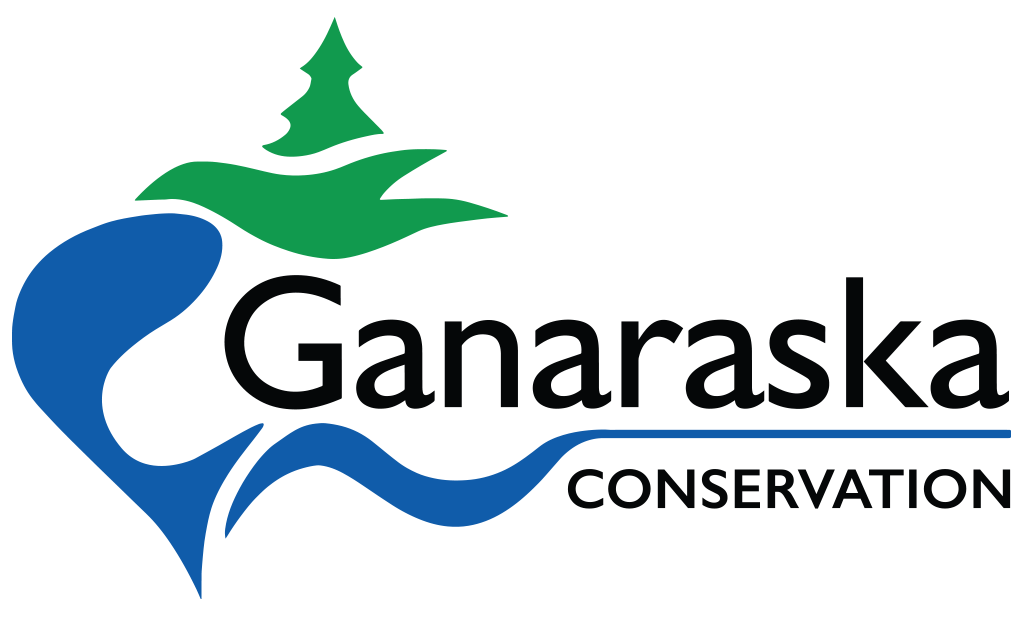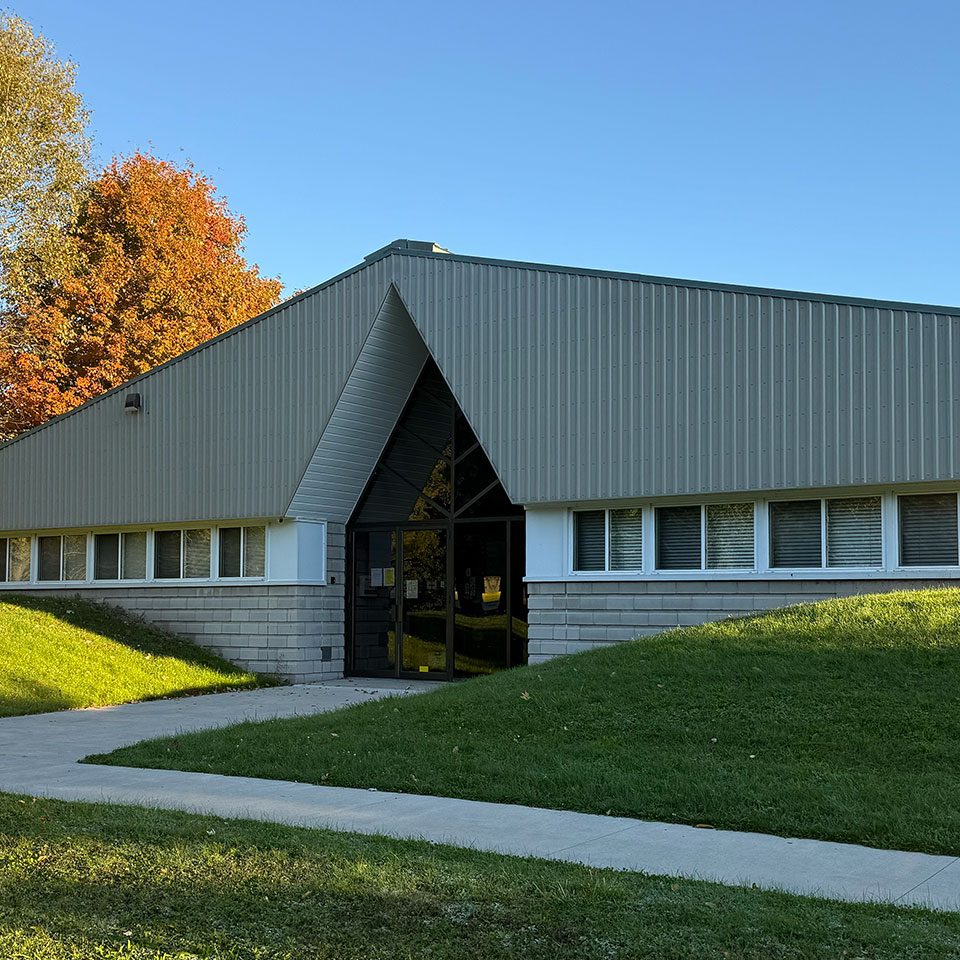Outdoor Survival Skills
Students learn the skills necessary to survive in the great outdoors. Hands-on initiatives include fire-building and shelter-building. Different survival scenarios are explored and discussed in this favourite, action-packed program.
Pond & Stream Study with Water Analysis Lab
Students complete a written comparative analysis of a lentic (pond) vs. a lotic (stream) environment. A field study of each environment provides students with the opportunity to learn the techniques of specimen collection and tallying using a macro-invertebrate tally chart.
Sensory Awareness
This program is designed for primary students who are exploring their five senses. Students build awareness of the natural habitat through activities that utilize and emphasize the senses of smell, touch, taste, sight and hearing.
Snowshoeing
Students spend a half-day learning how to snowshoe using modern, provided equipment. This program demonstrates a unique method of winter travel, is physically active, and is best combined with another half-day program.
Soil… It’s Not Just Dirt
This program focuses on the creation of soil, different soil particles, and the creatures that live in the soil. Students should come prepared to get dirty as they explore the soil. Students will complete several fun and hands-on experiments: creating soil with hammers, digging a soil profile, creating a soil conductivity test and so much more.
Species Identification: Benthics
Students visit our beaver ponds to collect benthic macroinvertebrates (bottom-dwelling creatures) and utilize key anatomical features to assist in identifying the species of benthic. This program emphasizes the importance of each species to the pond ecosystem.
Species Identification: Trees
Students gain an understanding of and appreciation for a wide variety of local tree species, and learn how to use a dichotomous key to assist in identifying coniferous and deciduous tree species.
Stress Management Techniques – Forest Therapy
Forest therapy is an emerging practice in preventative health care that utilizes intentional experiences in a living forest to generate health benefits. Along with physiological changes in blood pressure, immune functioning and improved sleep, the health benefits of forest therapy include reduced stress levels, improved mood, increased energy, as well as an increased ability to focus.
Survival Game
In this active role-playing game, each student takes on the character of a different wildlife species. It is a high-energy program that is exciting for students in both junior and intermediate grade levels. The transfer of energy, consumer levels, and human impacts on wildlife are explored in this program.

